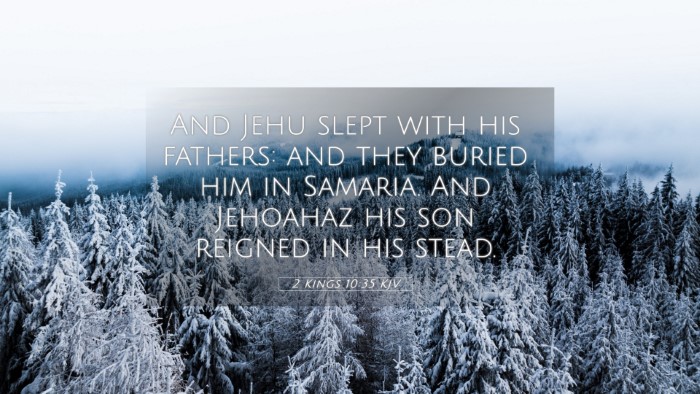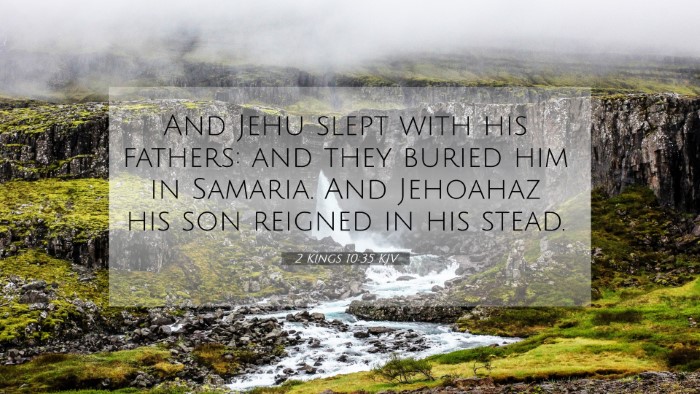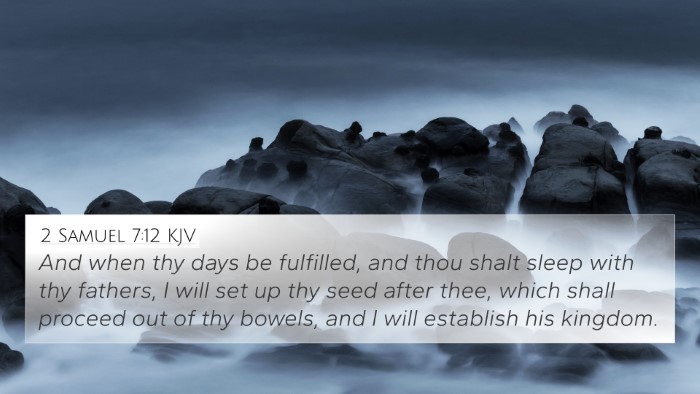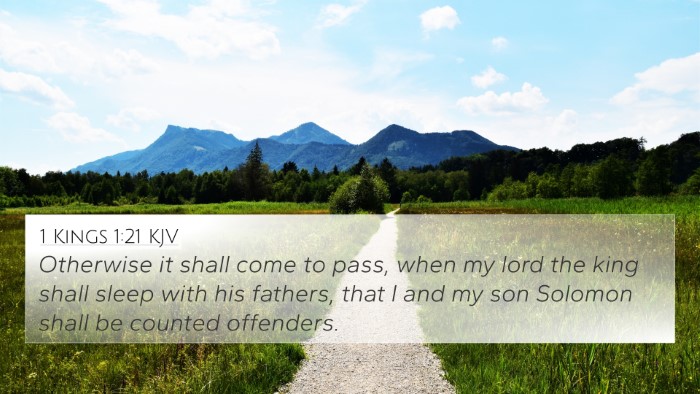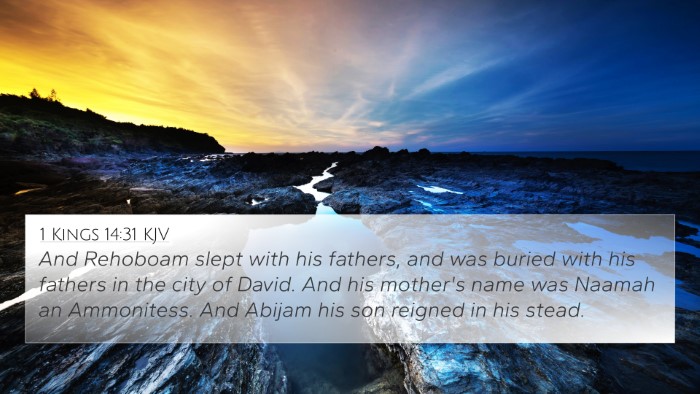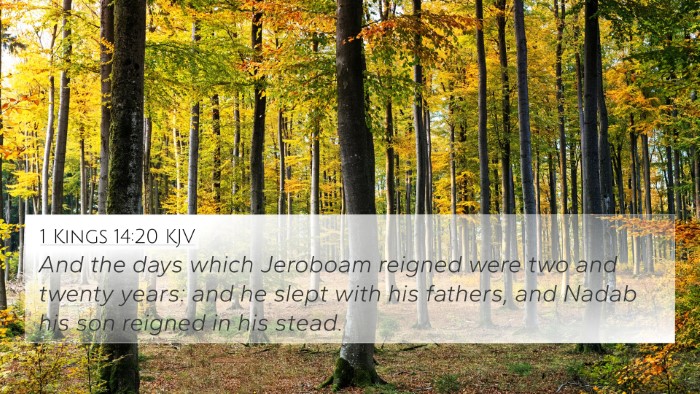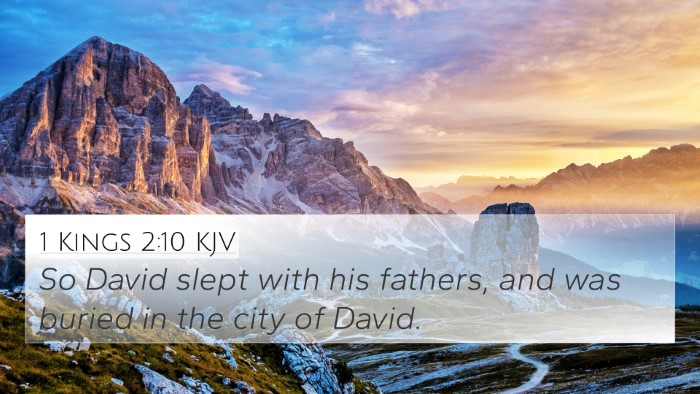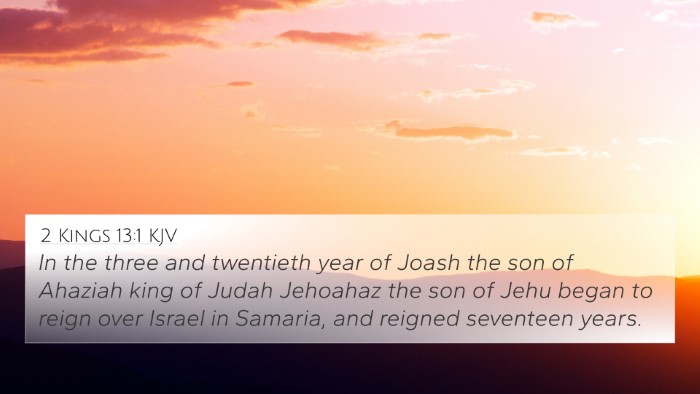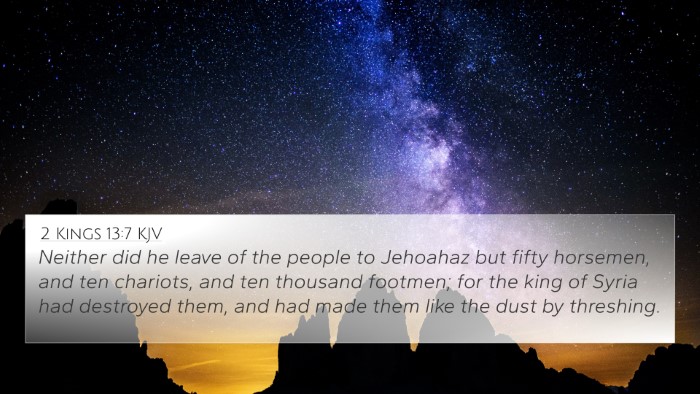Understanding 2 Kings 10:35
Bible Verse: 2 Kings 10:35
“So Jehu slept with his fathers, and they buried him in Samaria. And Jehoahaz his son reigned in his stead.”
Summary of Meaning
The closing passage of Jehu's reign in the context of 2 Kings 10:35 serves as a pivotal moment that emphasizes the transition of power in Israel's tumultuous history. This verse indicates not only the end of Jehu's life but also highlights the cyclical nature of Israelite leadership and the ongoing challenges faced by the nation.
Insights from Public Domain Commentaries
Matthew Henry's Commentary
Matthew Henry views this verse as a significant marker in Israel's history, noting that Jehu fulfilled the prophetic word concerning the destruction of Ahab's house. He remarks on the legacy of Jehu, stating that although he initiated God's judgment on Baal worship, he failed to eradicate idolatry fully, which ultimately led to the continuation of Israel's problems.
Albert Barnes' Commentary
Albert Barnes indicates that Jehu's reign, marked by a zeal for the Lord, concluded with personal and national failure, as described in 2 Kings 10:35. Barnes reflects on how Jehu’s death brought about a new reign—a transition that speaks to the political instability of Israel. He emphasizes that Jehoahaz, his son, inherited both the throne and the ongoing consequences of his father's incomplete reforms.
Adam Clarke's Commentary
Adam Clarke analyzes the broader implications of Jehu’s death in 2 Kings 10:35, suggesting that while Jehu was chosen as an instrument of God's judgment, his personal motives were not entirely aligned with righteous leadership. Clarke points out the failure to fully turn the hearts of the people back to God—implying that future generations would continue to grapple with idolatry and disobedience.
Bible Cross-References
- 2 Kings 9:6-10 - Anointing of Jehu as king and prophecy of judgment against the house of Ahab.
- 2 Kings 10:30-31 - God's approval of Jehu for his actions against the house of Ahab, yet critique over his idolatry.
- 2 Kings 14:29 - The transition of leadership after Jehu, reflecting the ongoing political strife.
- Hosea 1:4 - Prophecy concerning the judgment upon the house of Jehu for the bloodshed in Jezreel.
- 1 Kings 16:30-33 - Introduction to Ahab's reign, setting the stage for Jehu's judgment.
- 2 Kings 13:1-9 - Chronological context and implications of Jehoahaz’s reign following Jehu.
- 2 Chronicles 22:7 - The repercussions of Jehu's decisions affecting future kings of Judah.
Thematic Connections
The narrative described in 2 Kings 10:35 contributes to several overarching themes within the Bible, such as:
- Judgment and Mercy: The interplay of divine judgment executed through leaders like Jehu, balanced against God’s enduring mercy.
- Leadership and Legacy: The reflection on how the actions of one leader impact future generations, as seen in Jehu’s sons.
- Idolatry and Reform: Jehu’s incomplete reformation highlights the persistent struggle against idolatry in Israel.
Conclusion
In 2 Kings 10:35, the finality of Jehu’s life and reign serves as both a closing chapter and a transitional moment in Israel's tumultuous history. Through understanding this verse, one sees the importance of contextual reflection, leadership dynamics, and the profound implications of idolatry that span generations.
Tools for Further Exploration
For those interested in a deeper biblical study, employing tools like a Bible concordance and Bible cross-reference guide can aid significantly. These tools enable readers to:
- Discover thematic connections between verses.
- Engage in comparative Bible verse analysis.
- Utilize cross-referencing methods to enrich understanding of scripture.

